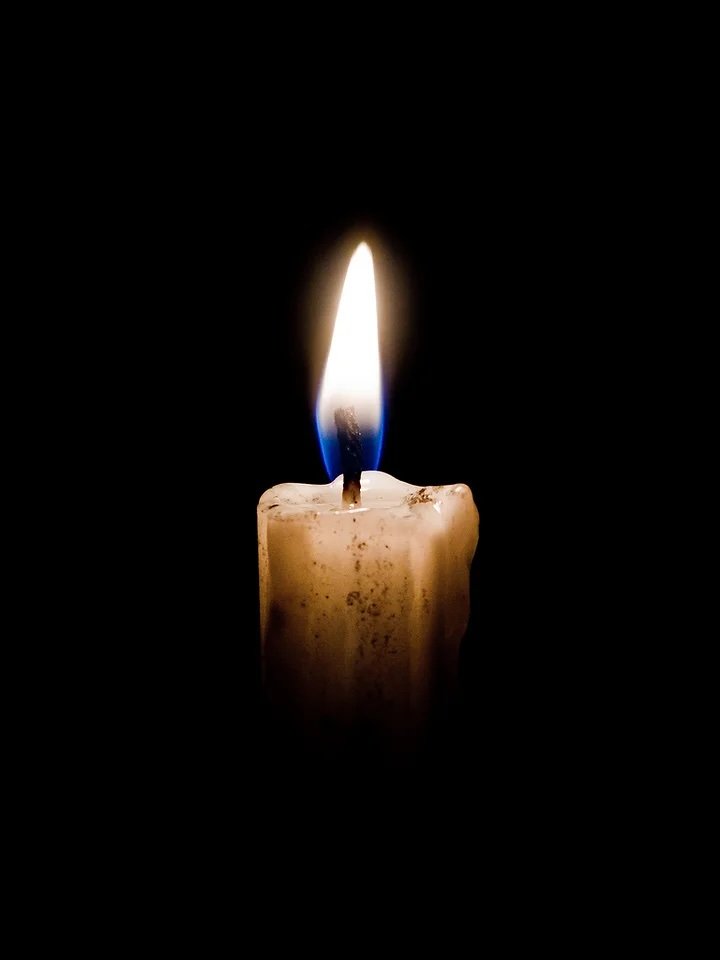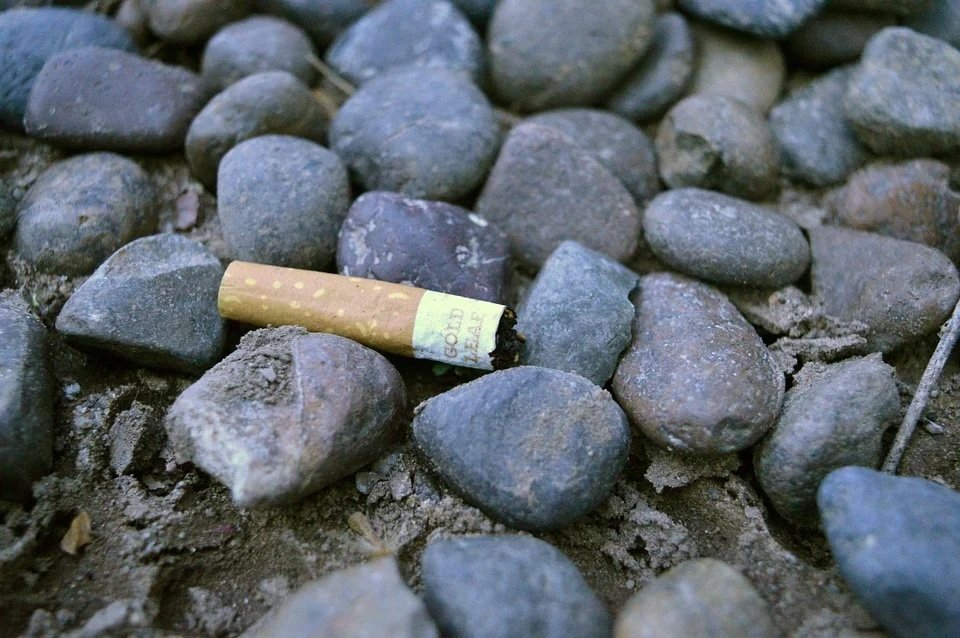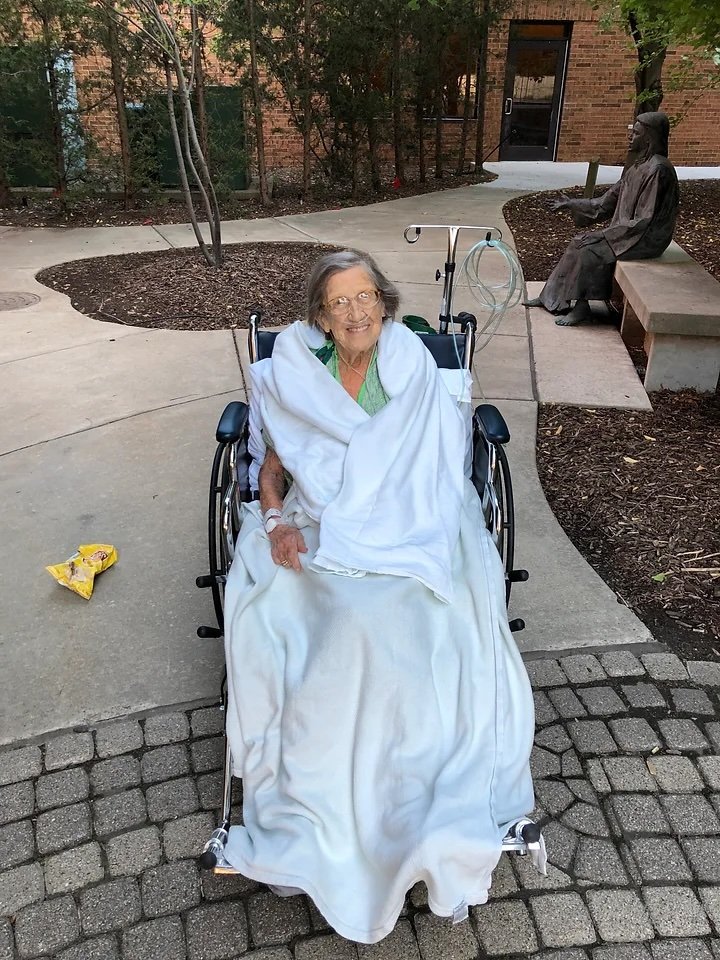How to be Happy (Or at Least Feel Better) Watch This Movie Scene - I Am Legend
"The people who are trying to make this world worse are not taking a day off. How can I? Light up the darkness."
I love this scene so much that I had a t-shirt made that said, en espanol,
ilumina la oscuridad
"Light up the darkness." In the film I Am Legend, Robert Neville (Will Smith) doesn't tell us how to brighten the world, but he describes how Bob Marley did -- with his courageous actions, heartfelt lyrics and lovely melodies. Music, Marley believed, cures.
But what if we aren't a one-in-a-billion icon like Marley? Can non-legends light up the darkness? Absolutely, because anyone can be the third kind of person. Anyone can be a proton.
The first kind of people are the people of whom Bob Marley spoke. They make the world worse. They're negatively charged. They're electrons. When they go away, we're all better off. Your world view will determine what percentage of the population you think is made up of electrons. Regardless, sadly, inexplicably, there are people who are making the world worse and "are not taking a day off." I bet you know (or know of) electrons.
The second kind of people have little effect on the world. They don't make the world worse, but they don't make it better, either. They have no charge. They're neutrons. I say the vast majority of people are neutrons. When they go away, the world barely notices. With the possible exception of their minuscule circle of family and friends, their effect on the planet is inconsequential.
The third kind of people are indispensable and irreplaceable in the battle against the first kind of people. They're protons. They put a positive charge into the world. When they go away, we weep. They light up the darkness.
The atomic number is the number of protons in an atom of an element. Not the number of electrons. Not the number of neutrons. The number of protons. It's as if Henry Moseley's discovery proved not only that protons determine an atom's weight but also determine what kind of people matter most.
So how do we produce more protons who will inject positivity into the world?
Model it. Start with simple, yet mysteriously rare and apparently arduous injections. Be kind. Be fun. Be empathetic. Perform small services.
And for crying out loud, don't be a tiny terrorist -- an I-don't-even-know-I'm-an-electron electron. BIG electrons show up on the news. They're in prison. Their harmfulness is blatant.
Tiny terrorist electrons are inconspicuous yet insidious. Consider, for example, the cigarette butt.
If ever there was a metaphor for what’s wrong with humanity, it’s the cigarette butt on the ground. It was produced by a company that, lusting for profit, created addicting poison. It was consumed by someone with little sense or self-discipline and without regard for…
his or her health
the ripple effect of the inevitable health care costs associated with cancer and other smoking-related diseases
the harmful effect that secondhand smoke has on others
the potential dangers stemming from throwing a cigarette butt on the ground: fires, land and water pollution, animals mistaking it for food…
the “I’m incredibly lazy, apathetic and someone else will clean it” message it sends to everyone, especially to kids
the opportunity cost - The money spent on cigarettes could have been used to help someone, not squandered on toxin tossed onto the street
In a 9/26/2018 USA Today article, Erik Brady wrote "(Bull Rider J.B.) Mauney takes a last drag on his Marlboro, then flicks it away."
I wonder how many readers even noticed "flicks it away."
Electrons flick cigarette butts away. Neutrons don't, but they don't even notice when others do. Or care. Protons pick up electrons' discarded cigarette butts and dispose them properly. It's a humble act that anyone aspiring to be a proton can do.
Humble but vital. Humble but bold, because it sends a message from the protons to the electrons that says, "There are people like us fighting to protect the world from people like you!"
This is my Mama the day before she entered hospice care. She had not left her room at St. Joseph Mercy Hospital in Ann Arbor, Michigan in nine days. Finally, I got the chance to take her outside, into this lovely outdoor space called the Courtyard Labyrinth, "an ancient tool meant for walking, meditation and prayer."
The crumpled potato chip bag to her right (litter I found on the ground) is filled with a dozen cigarette butts I extracted from the cracks of the labyrinth.
Seriously? In this place? At a hospital?
Electrons, stop! Move up a notch! If you're not going to light up the darkness at least don't extinguish the candle.
Neutrons, improve! Refuse to recede into inconsequentialness. There's so much we need you to do.
Protons, stay you. And thank you. Your light, in whatever way you're able to shine it, matters.
How to be happy (or at least feel better)?





